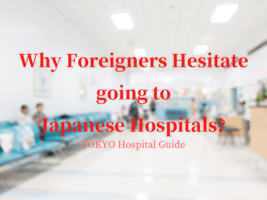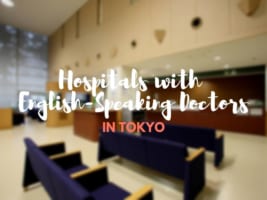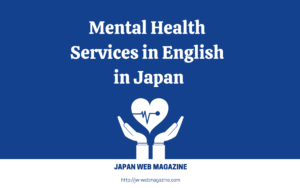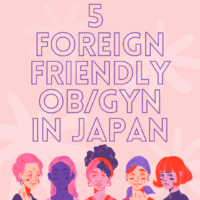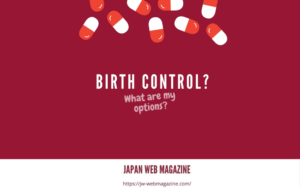12 Answers from a Japanese Doctor about Medical Care in Japan
Medical Care in Japan: Things that You Need to Know
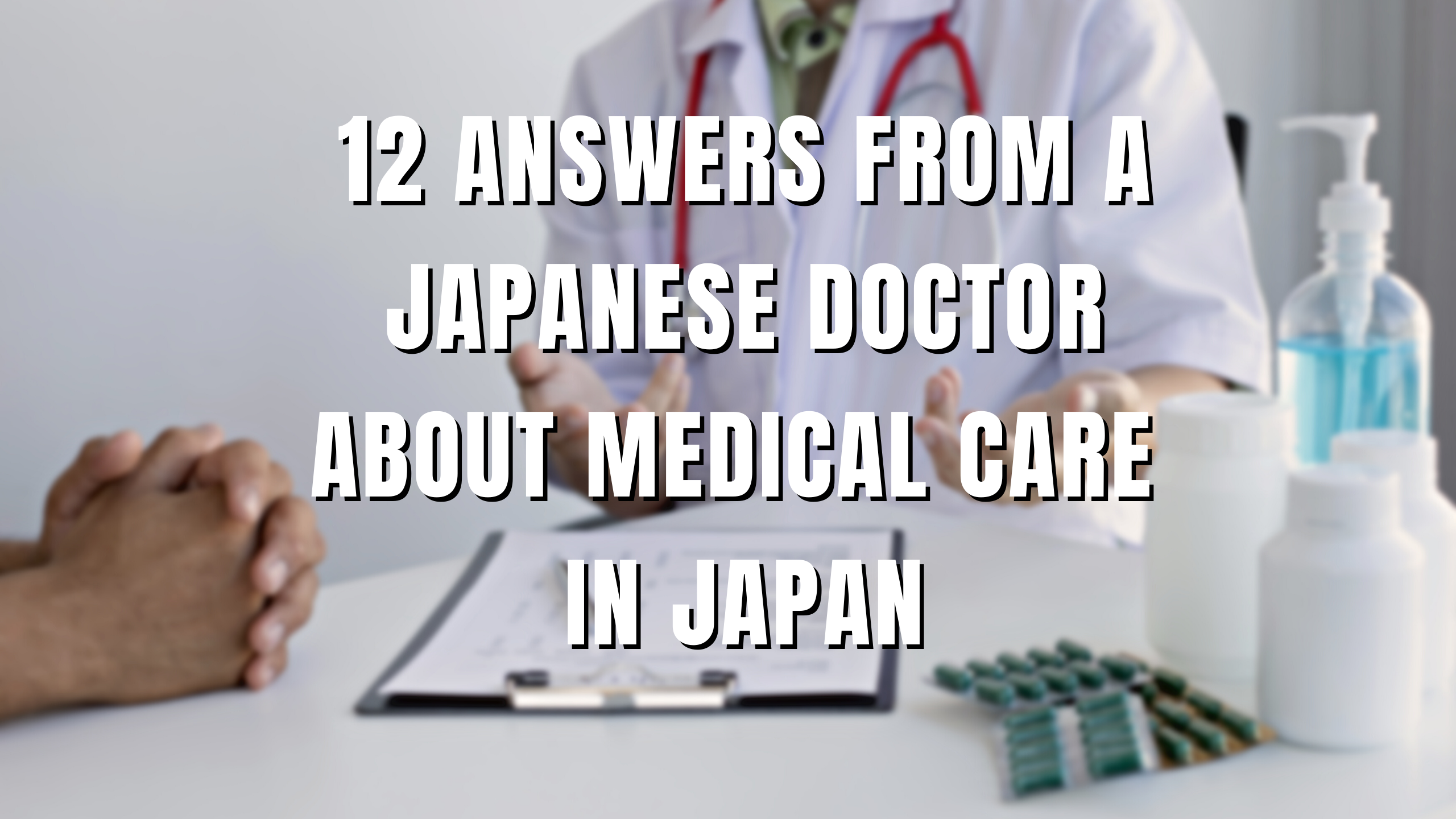
Sometimes when people talk about living in a country that is not their own, they tend to forget an obvious but very important part: the health care system.
People with chronic illnesses should be aware of this, as they will need to continue their treatment in Japan. But people in generally good health who visit the hospital occasionally, sometimes don’t think about the fact that an emergency may occur.
If you are planning a trip abroad or living in another country, you usually try to be optimistic and think about the good things and no one wants to think about getting sick or having an accident. However, they do happen, even if you think “it will never happen to me”. Personally, my parents are both healthcare workers, and so I have always been very aware that accidents or emergencies happen, even when you least expect them. So as they say, you have to prepare for the worst while hoping for the best. And we at Japan Web Magazine would like to help you prepare as best as possible for your experience in Japan.
Today we are going to interview Dr. Sasae about some of the most frequently asked questions from foreigners living in or visiting Japan. Dr. Sasae is a reputable doctor in Tokyo working at NTT Medical Center Tokyo, one of the best English-speaking hospitals in the city.
*Please note that this article contains affiliate links.
Doctor Sasae
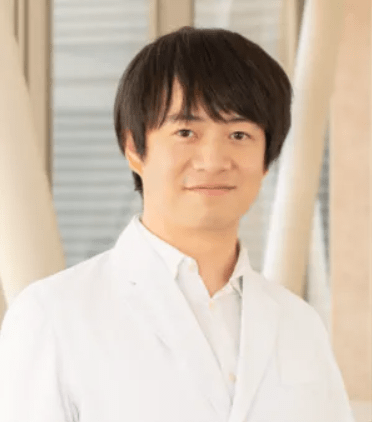
Dr. Sasae moved to England at the age of 12 and graduated in medicine at Nottingham University in 2005. He obtained an MRCGP (Speciality in family medicine/General practice) in 2010 and worked 7 years as a GP in London. In 2016 he obtained a Japanese Medical License, and in 2017 he began working at NTT Medical Center Tokyo.
He has extensive expertise in English consultation and General Practice. He has specialist interests in Dermatology, Paediatrics, Sports Medicine, Minor Surgery, and Emergency Medicine.
Questions to Dr. Sasae
1. Do the doctors and staff speak English?
Although the healthcare system in Japan is generally considered high quality, many Japanese doctors may not feel comfortable enough when undertaking complicated medical consultations in English. I would usually recommend international patients to contact medical institutions that are used to accepting international patients.
Also, finding a primary care physician (General practitioner) that speaks English well is important in Japan. International patients would often benefit from well-coordinated care by a primary care physician when navigating the healthcare system in Japan, which is often more complicated than back home.
2. Can I go to a hospital even if I am a tourist?
Yes, some hospitals in Japan accept tourists but not all. As much as possible, you should check on the hospital website or make a call to check if a hospital accepts international patients before attending the hospital.
3. Do I need a referral letter to see a doctor in hospital in Japan?
Many of the larger hospitals would not accept patients without a referral letter from a primary care physician. The trouble unfortunately occurs when trying to find a primary care physician who speaks English well enough in Japan. Our hospital recognized that this is an issue and we have set up English-speaking primary care services within the hospital in order to help international patients receive primary care and subspecialist care at the same facility.
4. Do I need to make an appointment for a visit?
Most medical institutions in Japan would prefer to book an appointment as much as possible given that the coordination of international patients often takes more time compared to Japanese patients.
5. Where can I go in case of emergency? Should I call an ambulance or go to the hospital by myself? How can I call an ambulance if I don’t speak Japanese?
In the event of emergency, there are only a handful of hospitals in Tokyo that accepts international patients. Out-of-hours can be even more tricky for international patients. In the event of life-threatening emergencies, it is often easier to call an ambulance as this would save you time from calling around individual hospitals. You could specify the name of the hospital of your preference to the ambulance crew, though it is often up to the hospital to decide if they would accept the patients.
Ambulance number is 119 in Japan so you should keep this number noted in case of emergencies. Most ambulance operators should be trained to understand simple English.
https://www.fdma.go.jp/publication/portal/items/portal001_pamphiet_english.pdf
6. Are all hospitals in Japan open 24 hours a day, every day?
Most large hospitals in Tokyo are open 24 hours, 7 days a week. However, you may not always be able to choose the hospital of your choice especially during out-of-hours, depending on the availabilities of the specialists oncall at the time. Unlike other developed nations, Japan has many more specialist doctors rather than generalist doctors, meaning that individual hospital emergencies may not always be equipped to cover a wide range of specialties during out-of-hours.
7. If I am taking regular medications in my own country, can I get the same medication in Japan too?
In my practice, I do sometimes see cases where international patients struggle to obtain the same medication as the one provided in their home countries. This is either because the same medications are not available or the medication dose is different in Japan. We see this typically with some contraceptives and newer diabetic medications/devices.
In cases where the same medication is not available in Japan, I often switch to another medication that is equivalent or similar to the medication that is available in Japan. Having said that, Japan tends to have plenty of choices in terms medications so it is not so common that we get into huge trouble.
8. How does the Health Insurance System work in Japan? How much does a hospital visit typically cost in Japan? Can I use my overseas health insurance?
If you are a resident in Japan and a Japanese National Health Insurance holder, you will find that healthcare in Japan is generally affordable. Your insurance would typically cover 70% – 90% of the overall healthcare cost depending on your age, and it is often free for children.
If you are not a holder of the Japanese National Health Insurance, the healthcare cost could vary depending on the medical institutions but often a lot more than what Japanese patients would normally pay. I would usually recommend for those visiting Japan to have other private/travel health insurance to cover you while staying in Japan.
You can use your overseas health insurance in most cases, yes, but direct billing with the insurance companies is usually limited with Japanese hospitals. This means that instead of the insurance companies directly making payment to the medical institutions, you would be expected to pay the medical cost yourself first and claim the cost back later with your insurer. If you prefer direct billing payment, then I would suggest checking with the hospital first as much as possible.
9. What happens if I live in Japan but do not have health insurance? How can I get one?
If you are resident in Japan (Japanese resident card holder), you would be expected to enroll in Japanese National Health Insurance even if you are covered by alternative private health or travel insurance. Good thing is that even if your visa is for three months or less, you are still eligible to join Japanese National Health insurance if you can prove that you will be residing in Japan for more than three months, such as with a school enrollment certificate.
You could apply for Japanese National Health insurance through your employer/your spouse`s employer or your residing ward if you are not working.
10. Can I get painkillers without a prescription?
Simple painkillers such as acetaminophen (Tylenol) or ibuprofen (neurofen) are available over the counter usually in the form of cough or cold medications. You can ask the pharmacist to see if the medication contains any of the above.
If you would like anything stronger in Japan, you would need a prescription from your doctor. Due to the country`s strong law enforcement on opiates, doctors do not routinely offer strong opiate medications. Opiate prescriptions are often limited to those that suffer from cancer pain.
11. Could doctors write my prescriptions/certificates in English?
I would say only a few hospitals would be able to write a prescription in English. Some pharmacists, upon receiving the prescription requests, may be able to offer you written instructions in English on medications prescribed (dose, frequency, before or after meals etc.).
12. Will the doctor follow up on my treatment progress in my home country and provide me with the necessary prescriptions?
The doctors in Japan would not usually follow up your treatment progress or provide prescription remotely with you once you leave the country.
In order to assist the smooth transition of care to your doctors back home, I would always recommend you to ask for a summary letter, detailing your previous investigation and treatment in Japan, as well as current medications and future treatment plans.
Communicating precise medical information to your doctors back home by yourself without having medical background/knowledge can be tricky. This is another reason why it is so important to have your primary care physician/GP coordinating your care while you are living in Japan.
NTT Medical Center Tokyo
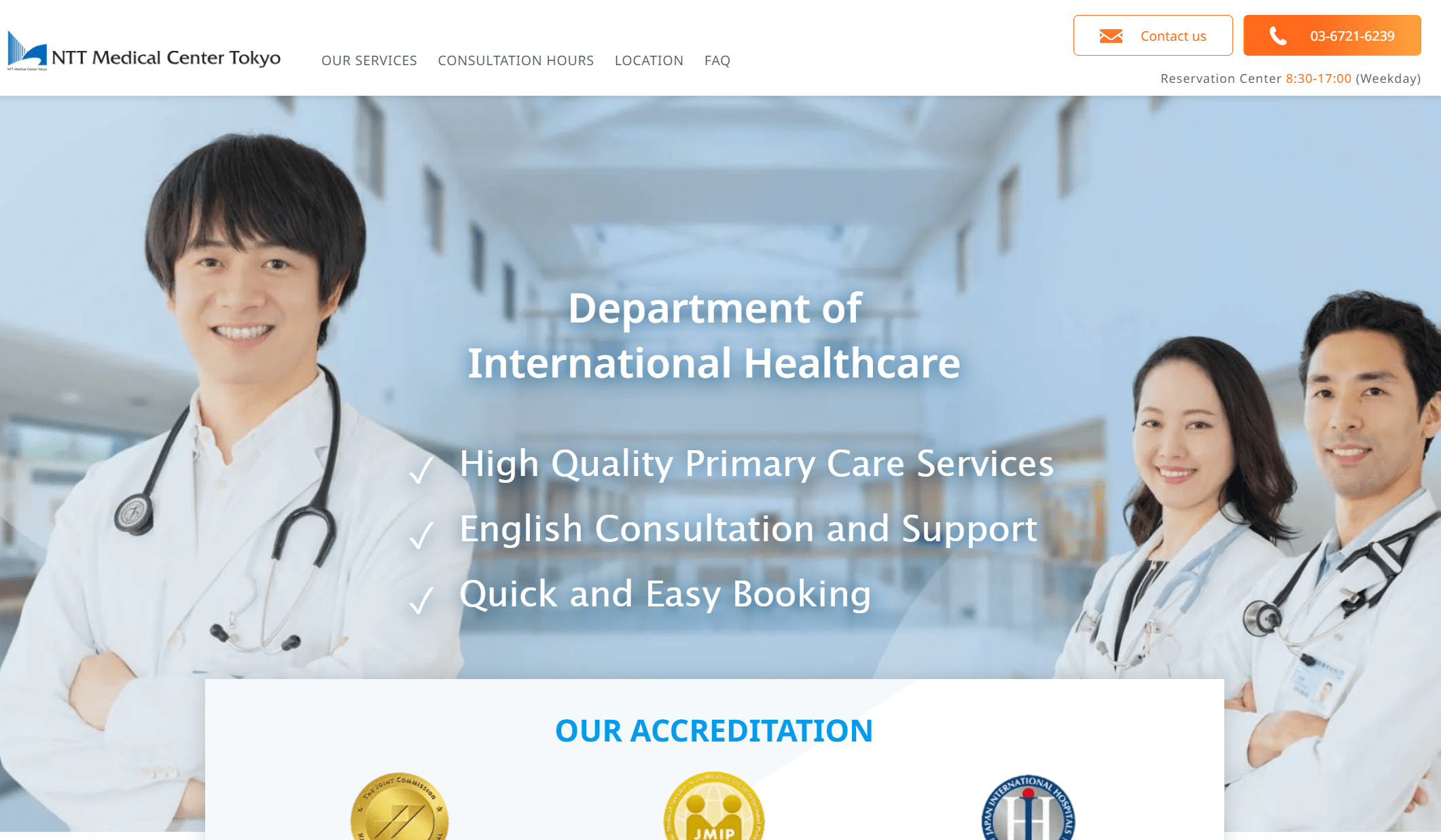
Here are some of the characteristics that make this hospital worth keeping in mind.
1. Complete service in English available. You can either send an inquiry via email or just call the hospital, and you will be attended to by English-speaking staff that will help you with any kind of questions you have before your visit. And when you come to the clinic, English-speaking doctors will see you.
2. Payment by credit card is accepted, so you will not need to worry about keeping extra money for that matter. Also, booking is quick and easy.
3. This hospital is accredited by the Joint Commission International (JCI), the Japan Medical Service Accreditation for International Patients (JMIP), and the Japan International Hospitals. So, in regard to credibility and reliability, you can rest assured of the quality of service you will receive here.
▶ Check more details about NTT Medical Center Tokyo here
 Access Access |
Approximately 7 mins walk from Gotanda station |
|---|---|
 Business Hours Business Hours |
8:30-11:00/13:00-15:00 |
 Telephone Number Telephone Number |
03-6721-6239 |
 Language Language |
English |
 Official Website Official Website |
https://www.nmct.ntt-east.co.jp/lp/international_healthcare/ |
▽Related Articles ▽
▼Editor’s Picks▼
Written by
From Barcelona to Tokyo. Coffee & Adventure lover????☕️
I started to like Japan because of the anime, music and doramas, but after my first trip to the country I found what I love the most: traveling around, the culture and history. I have travelled a lot in Japan, but I still have many places to discover that I want to share with you????????♀️ Let’s discover Japan together!
Also, as a foreigner living in Japan for over 6 years I understand what kind of things are difficult when you move here and I want to help other people in the same situation that I have in the past.





